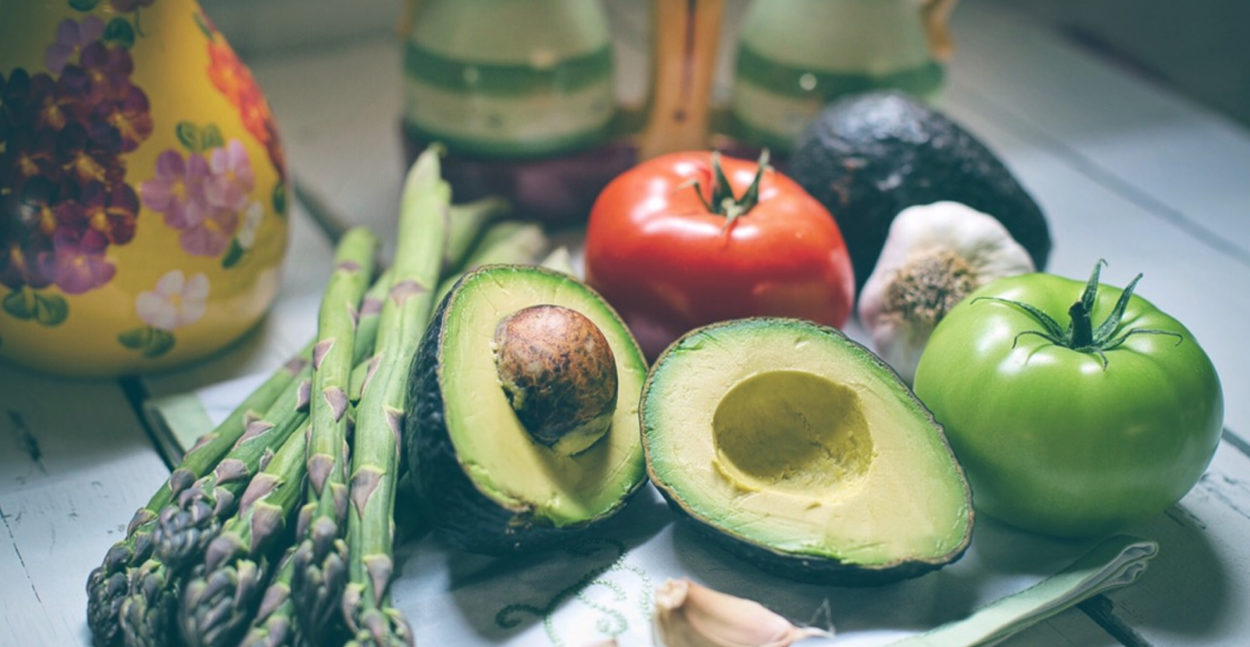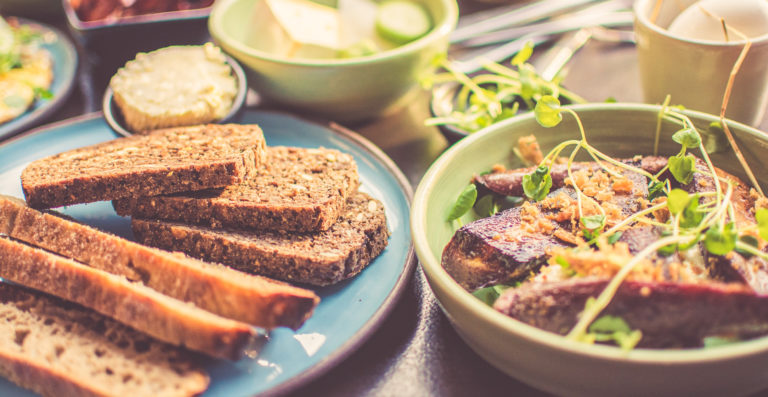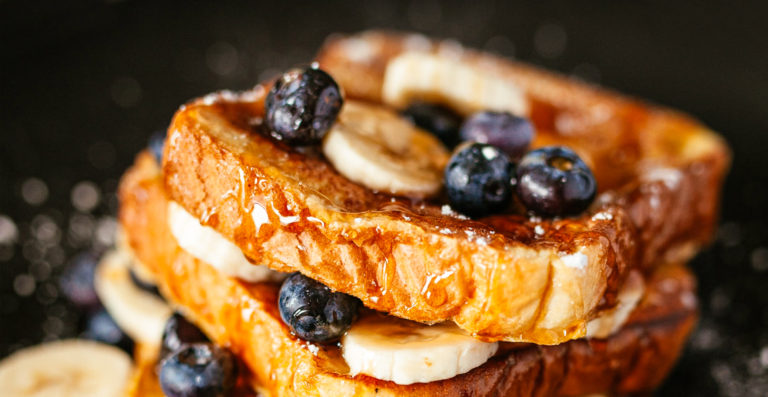
Ever feel like you need to improve your digestion? Whenever there are family gatherings, like during Christmas, Thanksgiving, and birthdays, food tends to play a major part. Turkey, gravy, stuffing, ham, potatoes, and cheese, and then, when you’re full to the brim, there’s cake! It doesn’t take long for your body to feel the effects of your meal. At that point you might reach for something from the drug store for gas, constipation, diarrhea, heartburn, or any other symptoms from overeating.
Fortunately, there are ways to improve how your body digests and processes what you eat. In turn, this will allow you to get more nutrients from your food; which, after all, is why we eat in the first place.
1. Don’t Drink With Meals, Especially Ice Cold Drinks
Cold drinks, especially ice cold, will shut down the digestive process. This make it much harder for you to get nutrients from the food you consume. Leave 30 minutes before and after a meal before consuming large amounts of liquids. (Tiny sips with a meal when necessary are okay)
2. Food Combining
Food combining is important for pairing foods together that do not compete with each other for digestive juices. This is tricky to follow if you’re given a huge plate of food without the ability to choose what goes on it, but a few general rules are to eat fruit alone, never combine protein and starches (Making turkey and potatoes a bad mix), do not mix fats and protein, and veggies are your friends because they combine well with pretty much everything (except fruit).
3. Eat Smaller Meals, More Often
Eating less food overall, and in smaller portions spread through the day, allows your body to process food more easily. Our body can only process so much food at a time so overeating puts a huge strain on the digestive tract, which can lead to some food not being fully digested and assimilated, resulting in lost nutrients, as well as nasty symptoms like gas, bloating, constipation, etc.
4. Chew Your Food Slowly And Thoroughly
It is said that 80% of the carbohydrates you ingest can be digested by your saliva, but that can only happen if we chew well, letting the enzymes in the saliva acts on a larger surface area. The more we chew our food the easier it is to digest and assimilate; so eat slowly and chew well.
5. Eat More Raw Food
Raw food contains an abundance of natural enzymes that are needed to break down your food, aiding in digestion. Cooked food, processed food, and refined food is mostly void of its enzymes since heat and processing destroys them. Smoothies and fresh juices are a great way to get raw foods into your diet. Swapping out some vegetable sides at the dinner table; like raw cherry tomatoes and carrots instead of cooked, also helps get more raw food, and enzymes, in your diet.
6. Take Digestive Enzymes
Cooked and processed/refined foods have had most of their enzymes destroyed, and if you don’t get a lot of raw foods in your diet, which are rich with enzymes, taking a digestive enzyme supplement will help. Look for one that contains lactase, the enzyme for digesting lactose (sugar in milk & dairy); since intolerances to lactose are common. (Plus, all that chocolate you’re going to eat likely contains dairy).
7. Don’t Eat When Stressed
Your state of your mind affects digestion. When you are stressed your body is under the ‘fight or flight’ response, which can shut down digestion because your central nervous system shuts down blood flow. This affects the function of your digestive muscles and the juices needed for digestion.
To Conclude
It isn’t hard to improve your digestion with these tips, but it can take some getting used to. Start with one and see if your digestion improves and how you feel; like chewing your food just a little bit longer or avoiding large amounts of liquid when you eat. Your body will tell you when it’s upset with your eating habits, so listen to it and help it out.
2019 Update
The parts about drinking water with meals and food combining, unfortunately, have no merit. There is no hard evidence to suggest digestion is improved by eating certain foods separate from others, or liquids alone. Check out more info about it here.
Sources
Nutritional Symptomatology.
Danielle Perrault. Ontario. CSNN Publishing, 2013. Print.
Carolee Bateson-Koch. Allergies: Disease in Disguise.
Tennessee: Books Alive, 1994. Print.
Disclaimer
The contents of this website are for informational purposes only and should not be considered any type of medical advice. The information provided in this website should not be used for diagnosing or treating a health condition or disease, and should not be substituted for professional care. If you suspect or have a medical condition, consult an appropriate health care provider.





Leave a Comment